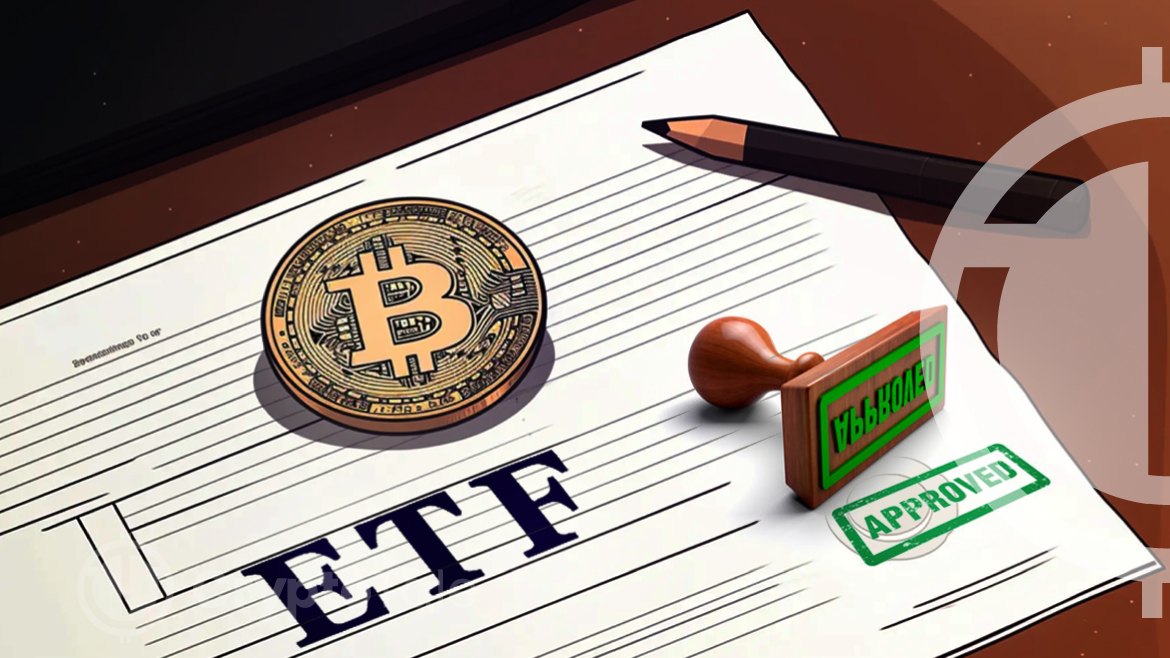
The United States crypto market recently witnessed widespread jubilation following the long-anticipated spot Bitcoin Exchange-Traded Funds (ETFs) approval. However, the elation was not universal, as dissenting voices, including SEC Commissioner Caroline Crenshaw, raised critical concerns.
On Jan 10, Commissioner Crenshaw, one of two commissioners voting against the approval, issued a statement expressing her reservations. She described the SEC’s decision to greenlight Bitcoin-based investment vehicles as “unsound and ahistorical.” Her primary worry revolves around the potential inundation of markets and the subsequent impact on the retirement accounts of vulnerable U.S. households.
Crenshaw voiced apprehension about fraud and manipulation prevalent in the spot BTC markets and how these could adversely affect the Exchange-Traded Products (ETPs). According to Crenshaw, the global spot markets underlie Bitcoin ETPs, which lack proper oversight and are plagued by concentration, fraud, and manipulation. Her dissenting stance emphasizes the need for caution in integrating these investment vehicles into mainstream financial products.
Adding fuel to the critique, Better Markets, a nonprofit economic organization, dismissed the approved ETFs as inherently worthless and purposeless. In a scathing post on Jan 10, the organization declared that the SEC’s decision changed nothing about the perceived shortcomings of Bitcoin and cryptocurrencies. Better Markets CEO Dennis Kelleher had previously penned a letter to the SEC, urging a rejection of Bitcoin ETF applications, citing concerns about potential “massive investor harm.”
The @SECGov's action today has changed nothing about this worthless financial product: #Bitcoin and #crypto still have no legitimate use; remain the preferred product of speculators, gamblers, predators, and criminals; and continue to be cesspools of fraud, manipulation, and…
— Better Markets (@BetterMarkets) January 10, 2024
Bitcoin ETF Approval Sparks Praise and Criticism
Prominent crypto critic Stephen Diehl expressed his disdain for Bitcoin shortly after its approval, characterizing it as representing “serfdom, stagnation, and subjugation to the tyranny of the discredited ideas from the Middle Ages.” Diehl contrasted Bitcoin unfavorably with fiat currencies, praising the latter. A gold advocate and Bitcoin critic, Peter Schiff, criticized the approved ETFs as new avenues for speculative Bitcoin gambling. Schiff lamented Bitcoin’s purported lack of real-world utility compared to gold.
In addition to all the previously existing ways to gamble on #Bitcoin, there are now eleven more ways for speculators to place their bets. The problem for the bulls is now what's left to bet on? It's just too bad that Bitcoin itself has no actual real world utility, like #gold.
— Peter Schiff (@PeterSchiff) January 10, 2024
Even within crypto circles, a surprising level of disappointment surfaced. Chris Blec, a crypto researcher and decentralization advocate, argued that institution-driven ETFs contradicted the decentralized ethos of BTC. Blec expressed concerns about the potential long-term impact on the decentralized nature of the BTC network.
The approval of Bitcoin ETFs will inevitably turn out to be a very bad thing for Bitcoin decentralization.
— Chris Blec (@ChrisBlec) January 10, 2024
The approval of spot Bitcoin ETFs marked a significant milestone for the crypto sector. Moreover, dissenting voices highlight concerns about fraud, manipulation, and broader implications for investors. The decision is a double-edged sword, eliciting celebration from some quarters. However, it draws criticism from skeptics questioning Bitcoin’s value and impact on financial markets.
Related Reading | Binance Apps Blocked in India Amid Regulatory Heat








